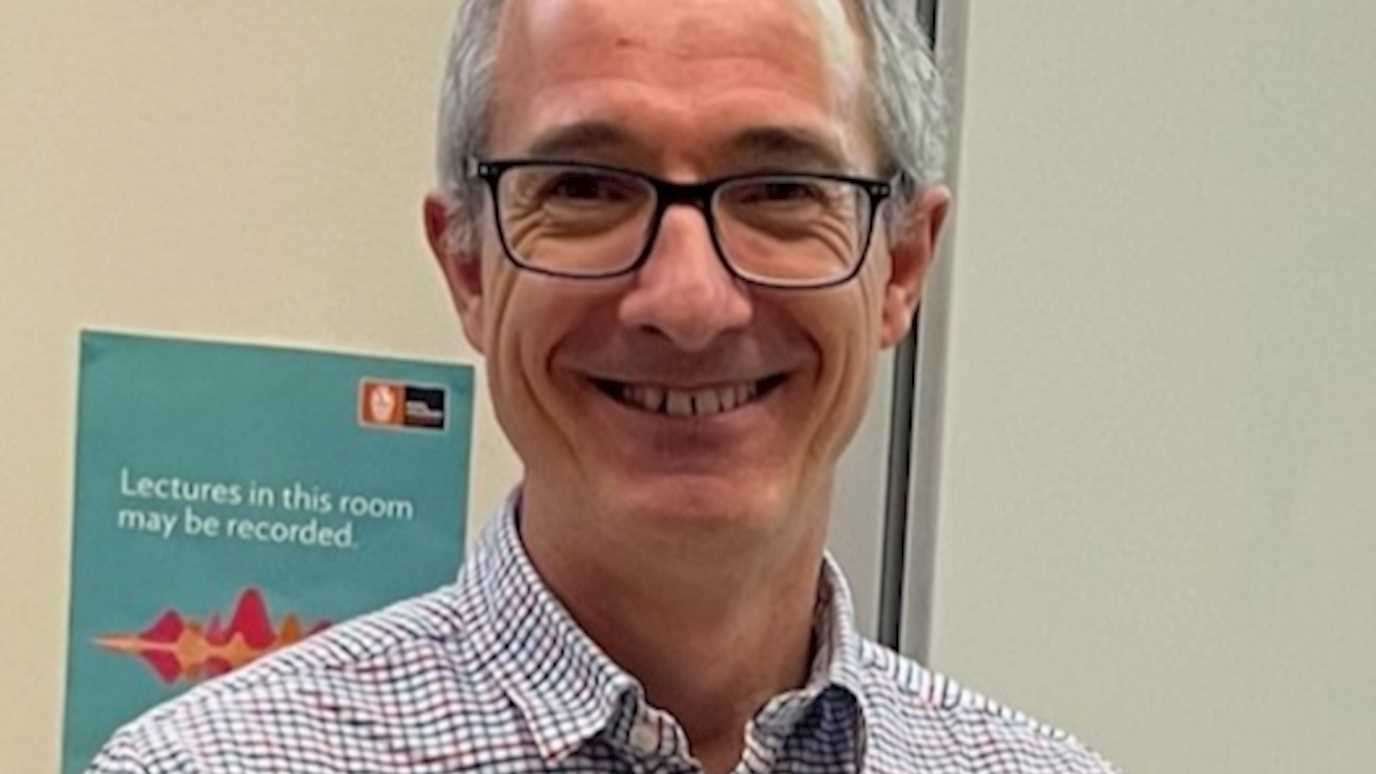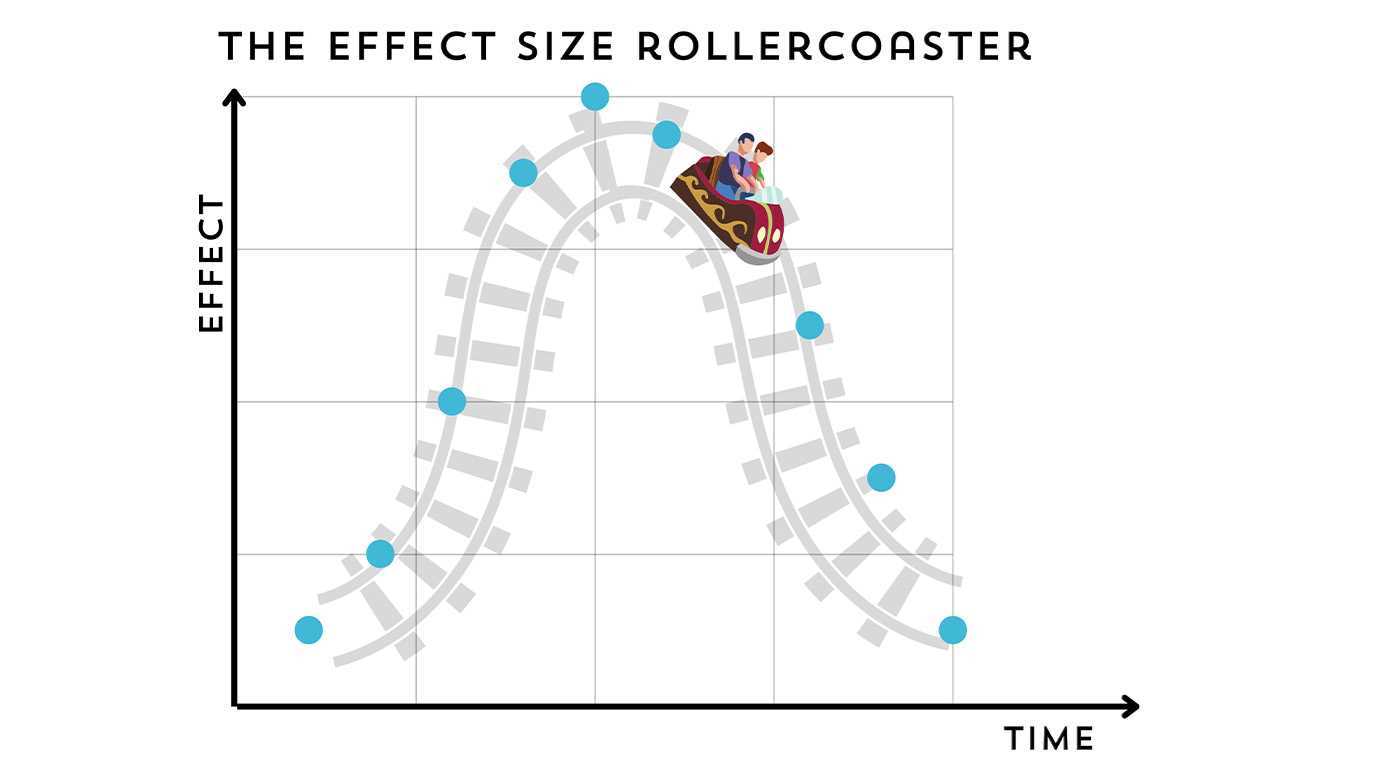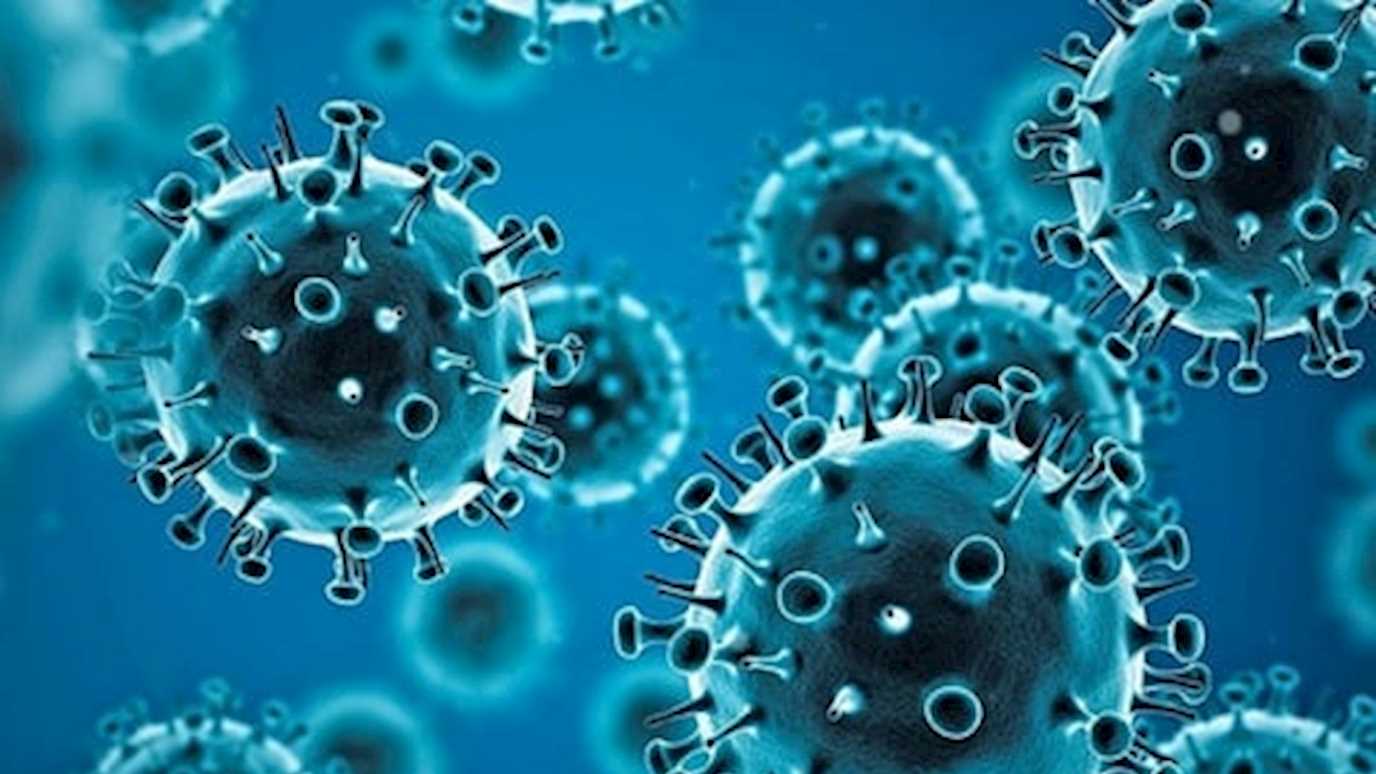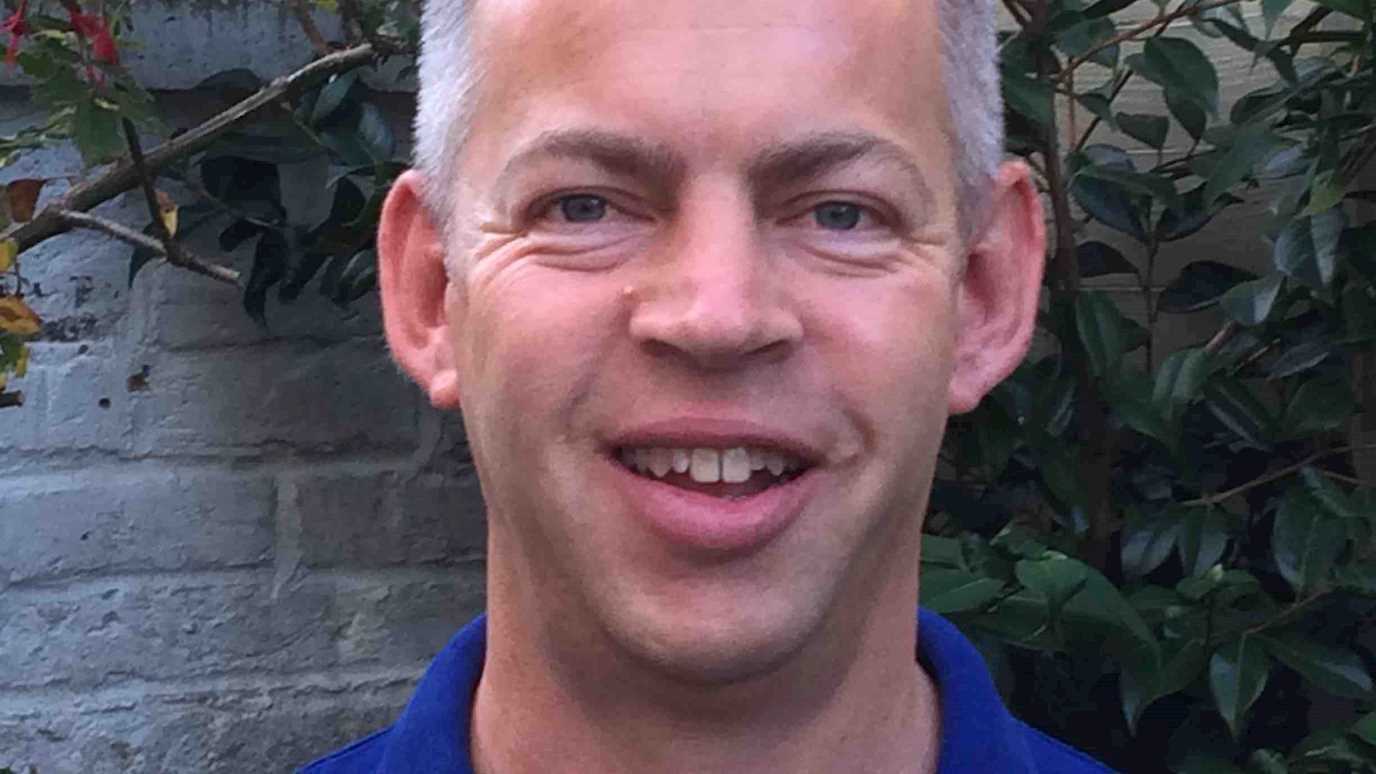Professor Rafael Yáñez-Muñoz has organised a special day of activity for Rare Disease Day at Royal Holloway recently.

Professor Rafael Yáñez-Muñoz teaches on genetics and inherited (rare) diseases
1. Can you tell us a bit about yourself and your role in the Department of Biological Sciences?
I am an academic and the director of the Centre of Gene and Cell Therapy. Born and educated in Spain, I came to the UK in 1995. After appointments with MRC, University College London, Queen Mary’s and King’s College London, I joined Royal Holloway in 2007. In the department I lecture on genetics and inherited (“rare”) diseases, and the use of genetic and stem cell technologies to develop treatments for rare and common diseases. I am currently the president of the British Society for Gene and Cell Therapy.
2. What are your main research interests?
My laboratory is focused on the development of safe and effective genetic and stem cell treatments. This is a very exciting research field because in the last few years several gene and stem cell therapies have finally been approved for marketing, with many more in the pipeline. Over the years we have worked on a range of rare and common diseases, including Parkinson’s, spinal injuries and defects of the immune system; currently our focus is on two rare diseases, ataxia telangiectasia and spinal muscular atrophy.
3. On 28 February we marked Rare Disease Day; our College has hosted events to mark this day since 2011, including a virtual programme of events for schools this year to showcase important research to tackle rare diseases and their impact, recognise charity partners we work with, and to inspire others to get involved. Could you tell us a little more about Rare Disease Day, and why it’s so important to raise awareness?
Rare Disease Day is an international awareness day celebrated in over 100 countries on the last day of February each year (because this is a rare day in a leap year). Each rare disease affects relatively few people, but as there are over 9,000 rare diseases, all together they affect 7% of people at some stage in their lives: this is 3.5 million people in the UK, and 300 million people in the world. Many of these diseases affect children and are very severe, their diagnosis is often lengthy and complicated, and for most there are no effective treatments. For all these reasons it is very important to support people affected and improve their care, and to research their diseases and how to treat them. This is one of our research strengths, and Royal Holloway has been a committed supporter of Rare Disease Day for over a decade. The last two years we have switched to a virtual event to overcome the COVID-19 pandemic restrictions. This year we also participated in the Global Chain of Lights, and the North façade of Founders building was illuminated in the colours of Rare Disease Day in the evening of 28th February.
4. What are your hopes for the future of research into rare diseases, and the impact of this?
Research in this area is evolving quickly, with new technologies like CRISPR genome editing, which we use for ataxia telangiectasia, becoming increasingly important. However, there are a number of challenges to be overcome for gene and cell therapy drugs to have maximum impact. Some involve training the workforce that is needed to develop and manufacture these therapies, with which we are helping as an educational establishment with strong expertise in the area. A major issue is the price of these therapies, which include the most expensive drugs ever (£1,000,000+). New pricing and reimbursement models must be developed to ensure that National Health Services like the NHS can provide widespread access to these drugs for affected people.
5. What do you enjoy most about working at Royal Holloway?
The community feel that our university has. For me this is exemplified in Royal Holloway’s participation in Rare Disease Day, which is only possible because senior management, academics, research staff, postgraduate and undergraduate students, technical, admin and estates staff work together and with external stakeholders to deliver an excellent event, which is highly appreciated by secondary schools and colleges, and by people affected by these diseases.
























